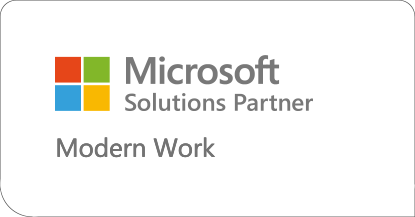
Carnegie Mellon University (CMU) is a prestigious global research university known for its robust research programs. With more than 12,000 students, 95,000 alumni, and 5,000 faculty and staff, the university is a hub of academic and professional activity.
Challenge
CMU faced significant challenges in tracking the numerous projects undertaken by their professors. The university required a solution that could handle complex logic with the flexibility to accommodate an unlimited number of project entries. They envisioned a document management system integrated with InfoPath forms to streamline their business processes and enhance automation.
What We Did
Our team undertook a comprehensive analysis of CMU’s needs, which included:
- Developing mockup prototypes of forms for initial assessment.
- Building a user-friendly forms dashboard that featured repeating tables to capture and aggregate data, allowing users to visualize their progress within the process.
- Integrating a user guide directly into the interface to simplify the learning curve and enhance usability.
Data Collection and Reporting Enhancements Included:
- Data Collection:
- Creation of a Forms Library for custom InfoPath forms.
- Development of a library for Custom Word templates.
- Implementation of custom content types for InfoPath forms.
- Design of custom views to summarize data effectively.
- Configuration of customized permissions to secure forms and reports.
- Reporting:
- Development of three InfoPath views, automatically convertible to Word documents for easy reporting.
- Setup of InfoPath to Word conversion for seamless document management.
- Detailed reports including Faculty Data, Seed Reports, and Annual Reports, which can be generated on-demand.
- Aggregated reports by department, year, and lead principal investigator (LPI), including summaries of project counts and proposals.
The Result
The implementation of a tailored content management system with integrated MS Word, InfoPath forms, and dynamic dashboards resulted in:
- Significant time savings and reduction in manual errors.
- Enhanced accuracy in data reporting, thereby saving costs and improving operational efficiency.
- A highly effective business process automation system that supports CMU’s complex academic environment.
This solution not only met CMU’s immediate needs but also provided a scalable framework to support future academic and administrative activities.


